The piano, a timeless instrument, captivates many with its melodious tunes and grandeur. However, a common question that often arises among aspiring adult learners concerns the feasibility of mastering the piano at an older age. Is it hard to learn piano as an adult? Or is it just a myth perpetuated by societal misconceptions? This article seeks to dispel any misconceptions and provide a comprehensive insight into the journey of learning piano as an adult.
What’s the Ideal Age to Begin Piano Lessons?
Starting piano lessons around age six is considered optimal. At this age, children typically possess the necessary hand-eye coordination, attention span, and cognitive skills to start grasping the basics of piano playing. However, this is not to say that learning piano is confined to early childhood. Adults possess certain advantages such as a developed understanding of music, greater discipline, and an ability to appreciate the nuances of the instrument. Hence, while starting early can be beneficial, it is never too late to embark on your musical journey with the piano.
The Teenage Student
Teenagers represent a unique group of piano learners. They often possess an advantage due to their ability to grasp complex concepts and demonstrate a higher level of discipline than younger children. Additionally, teenagers usually have a more refined music taste and can select pieces that resonate with them, enhancing their motivation to learn. However, challenges can arise due to academic pressure and extracurricular commitments, which require proper time management to balance. Despite these challenges, with determination and commitment, teenagers can indeed excel and derive immense satisfaction from mastering the piano. [1]
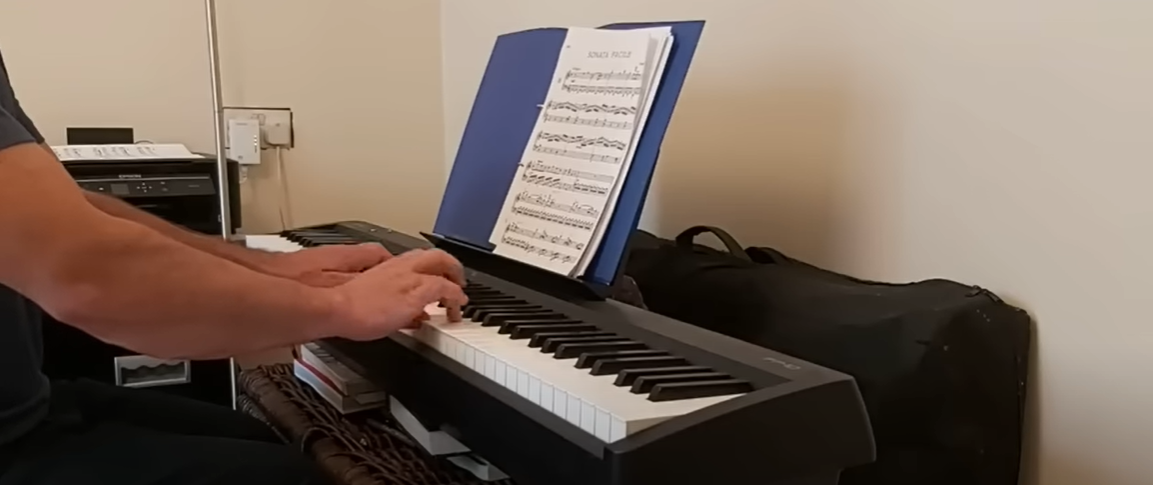
Students in Their 20s and Beyond
Learning piano as an adult in your 20s or even later is not only possible but also can be a rich and rewarding experience. Adults in this age category often have a clear understanding of their motivations to learn and a stronger sense of commitment, which can fuel progress. Moreover, their ability to comprehend complex musical theories is superior, making it easier to master advanced techniques. Balancing professional commitments, family life, and piano lessons can be challenging for adult learners, yet the flexible learning options available today such as online lessons or flexible scheduling can make this journey more feasible. Consistent practice and a never-give-up attitude are crucial. Therefore, irrespective of your age, if you are passionate about music and willing to put in the time and effort, learning piano can be an infinitely enriching experience.
Why Older Students May Feel Intimidated
Older students might feel intimidated when beginning piano lessons for various reasons. One primary factor is the misbelief that musical instruments are harder to master with age, which is often perpetuated by cultural stereotypes celebrating child prodigies. Another common reason for intimidation is the fear of failure or embarrassment, especially when compared to younger learners who are perceived to pick up skills more rapidly. Lastly, older students may struggle with finding an appropriate learning pace and be overwhelmed by the time commitment required. Despite these perceived barriers, it’s important to note that adults bring unique strengths to piano learning, including a deeper appreciation for music, self-discipline, and life experiences that could enrich their musical journey. [2]
The Advantages of Being an Older Student
Older students bring to the table a wealth of advantages that can be instrumental in their piano learning journey. One of the primary advantages is their refined sense of appreciation for music. Unlike younger learners, adults often have a deeper understanding and connection with music, enabling them to play with more emotional depth and expression. Secondly, adults generally have a more disciplined and focused approach to learning. They are typically better at setting realistic goals, planning practice schedules, and sticking to them, translating into a steady learning progress. Thirdly, the life experiences of adults, comprising triumphs and tribulations, can embellish their piano playing with emotional richness, lending a unique touch to their performances. Lastly, adults are usually financially independent, providing them with the freedom to invest in quality instruments and professional lessons, which can significantly enhance their learning experience. Despite the initial intimidation, these advantages can make learning piano a rewarding experience for older students.
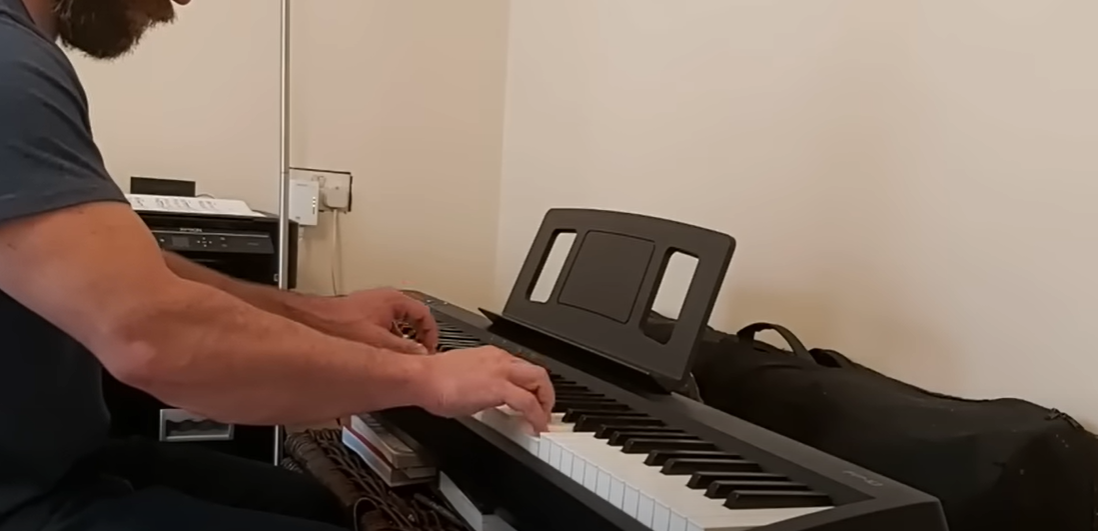
Some Challenges Elderly Students Face
Elderly learners indeed face unique challenges in their piano learning journey. Foremost among these is the physical constraints that come with age. Reduced finger agility and joint stiffness may hinder the ability to perform complex pieces that require rigorous hand movements. Hearing impairment, prevalent amongst the elderly, can also pose challenges, as it may affect their ability to discern between different notes and sounds. From a cognitive perspective, the speed at which new information is processed and retained tends to decrease with age, which could slow the pace of learning. Lastly, elderly learners may experience a lack of confidence and fear of being judged, especially if they are learning in a group setting with younger individuals. However, it’s crucial to remember that these challenges should not deter one’s passion for learning the piano. With patience, consistent practice, and the right mindset, elderly learners can overcome these hurdles and enjoy their musical journey. [3]
The Benefits of Learning Piano at an Older Age
Embarking on the journey of learning piano at an older age brings a host of benefits. Firstly, it presents an opportunity to engage the mind in a stimulating way, which can boost cognitive health. Studies have shown that playing a musical instrument can improve memory and delay cognitive decline. Secondly, learning piano can act as an emotional outlet, allowing individuals to express their feelings and potentially reduce stress. The soothing effect of music can contribute substantially to mental health and overall well-being. Learning piano fosters accomplishment, boosting self-esteem and confidence, especially as we age. Lastly, it can also foster social interaction, particularly in group learning settings, combating the isolation that can sometimes come with old age. Therefore, learning piano at an older age can be a fulfilling and enriching experience, enhancing both cognitive and emotional health.
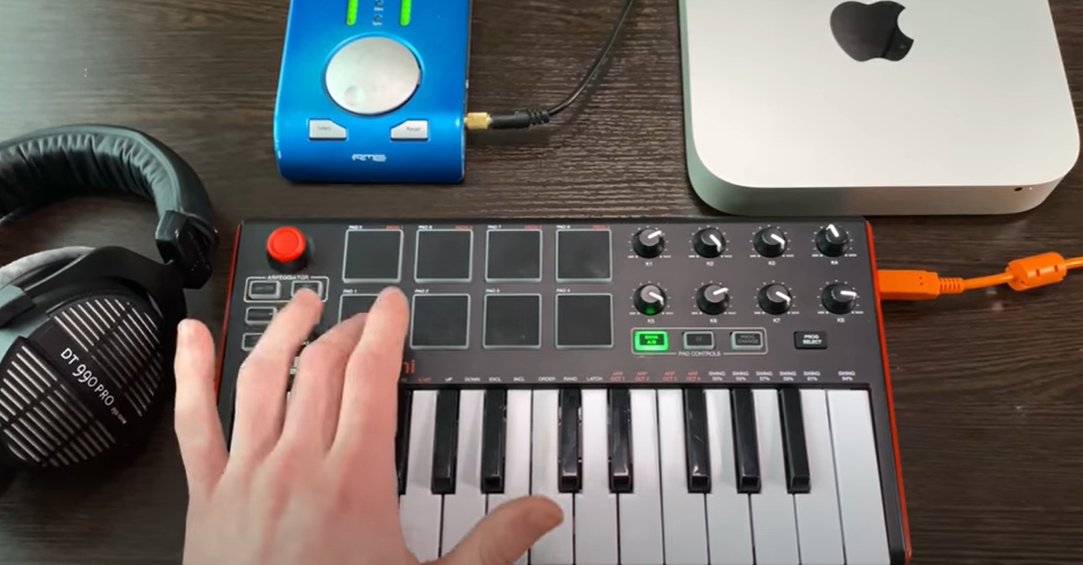
Tips for Learning Piano As An Adult
- Commit to Regular Practice: Consistency is key in learning any new skill, especially an instrument like the piano. Make sure to set aside dedicated time each day for practice, even if it’s just for 15 minutes. Regular practice helps in gradually building muscle memory and improving your playing skills.
- Begin with Basic Exercises: Starting with simpler exercises like scales and arpeggios can help in developing finger agility and familiarizing yourself with the piano keys. These exercises also improve your understanding of music theory, which is crucial for piano playing.
- Invest in a Good Quality Piano: While it might be tempting to start with a smaller, cheaper keyboard, investing in a good quality full-sized piano can significantly enhance your learning experience. The weight and response of the keys on a full-sized piano more accurately represent what you’ll encounter in performances.
- Get a Professional Teacher: Although there are numerous self-learning resources available, having a professional teacher can provide personalized guidance and instant feedback, accelerating your learning process.
- Learn at Your Own Pace: Remember that everyone learns at their own pace. Don’t rush the learning process. Instead, focus on mastering each piece or technique before moving on to the next.
- Enjoy the Process: Above all, enjoy the process of learning. Playing the piano should be a fun and rewarding experience. Don’t get too caught up in the technicalities that you forget to enjoy the music. [4]
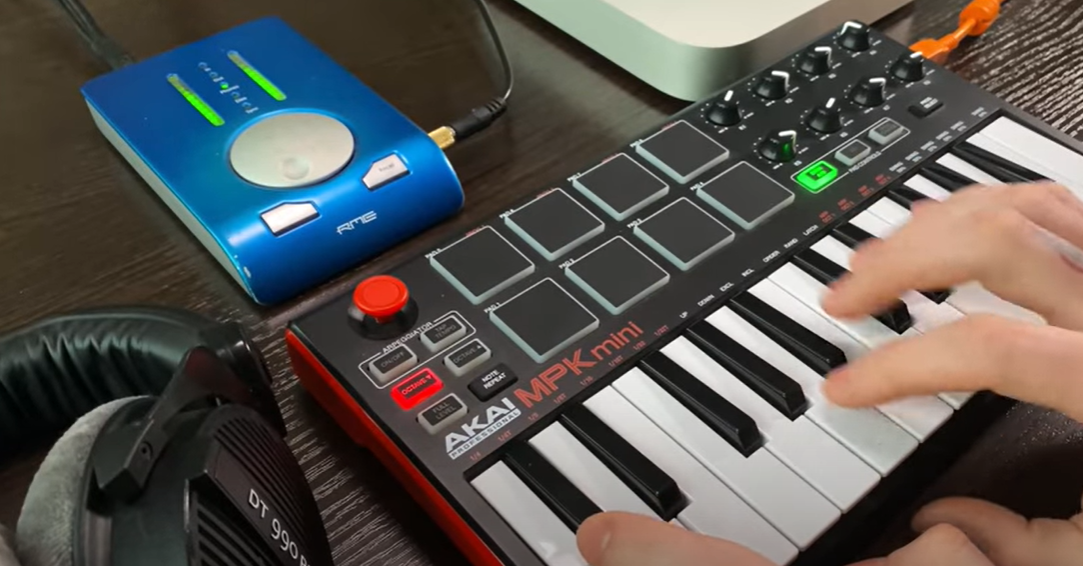
FAQ
How long does it take to learn piano for adults?
Generally, the amount of time it takes to learn piano for adults varies greatly depending on individual learning pace, the complexity of the pieces they aim to play, and the amount of practice put in each week. For an adult beginner to reach an intermediate level where they can play moderately complex pieces could take anywhere from 3 to 5 years of consistent practice. However, it’s crucial to understand that learning an instrument is a lifelong journey and every learner progresses at their own pace. Remember, the goal is not to race to the finish line, but to enjoy the learning process and make progress over time.
Is 19 too old to learn piano?
Not. At 19, it’s never too late to learn piano. It can be a rewarding experience at any age. Age should never be a barrier to learning something new, and this is especially true with music. At 19, you are likely to pick up the basics quickly due to faster information processing and better hand-eye coordination compared to older adults. The key is regular practice, dedication, and patience. With these, you can certainly learn to play piano proficiently, irrespective of the age you start at.
How many hours of piano practice a day?
The amount of daily piano practice can greatly vary depending on your level of proficiency and personal goals. As a beginner, it’s recommended to practice for at least 15-30 minutes a day to build a basic foundation. Intermediate players might aim for 45-60 minutes, while advanced players might practice for two hours or more. Remember, the key is consistent and focused practice. Quality over quantity is the rule of thumb when it comes to effective practice. It’s more beneficial to have a focused, intense 30-minute practice session than a mindlessly long two-hour session. Also, ensure to take regular breaks during practice to avoid fatigue and ensure maximum productivity.
Does learning piano get easier?
Yes, learning piano does get easier over time. As with any new skill, the initial stages of learning piano might seem challenging as you familiarize yourself with the keyboard layout, learn to read sheet music, and develop finger dexterity. However, with consistent practice, these aspects become more intuitive, resulting in a smoother and more enjoyable learning experience. Key skills like reading notation, recognizing keys, and understanding rhythm start to become second nature, which makes tackling new pieces less daunting. It’s important to note that even experienced pianists continue to face challenges as they push their skills and take on more complex pieces. But, the process of overcoming these challenges becomes easier as one’s proficiency improves. Hence, while learning piano does involve a steep learning curve initially, it definitely gets easier with time and practice. Overall, learning piano is a fulfilling and enriching experience at any age. With dedication, patience, and the right mindset, you can embark on this musical journey and reap its numerous benefits for years to come. So don’t let your age hold you back from exploring this beautiful instrument and adding some music to your life.
How long does it take to master piano?
Mastering the piano is a lifelong journey. The timeframe for achieving mastery can vary hugely depending on what you define as ‘mastery’. If you define mastery as being able to play complex classical pieces from composers like Bach, Mozart, or Beethoven, it could take anywhere from 10 to 15 years of dedicated practice. If your definition of mastery is being comfortable playing a variety of genres and improvising, it may take less time. Ultimately, the journey to mastery is personal and dependent on factors such as your dedication, practice regimen, quality of instruction, and innate musical ability. Remember, the joy of playing piano lies not just in mastery, but in the continuous process of learning and discovery.
Is it hard to learn piano at 45?
No, it is not hard to learn piano at 45. While it’s true that learning new skills often becomes more challenging as we age, age itself should not be viewed as a deterrent to learning piano. It’s more about mindset, dedication, and consistency. Adults often have a stronger grasp of complex concepts compared to children, and this can be advantageous when learning music theory. Moreover, adults have a greater ability to self-motivate and tend to take learning more seriously, which can greatly enhance the rate of progress. However, patience is key. It’s important to understand that learning to play an instrument takes time and perseverance. With regular practice, a good teacher, and the right mindset, it’s entirely possible to learn and enjoy playing the piano at 45 or any age.
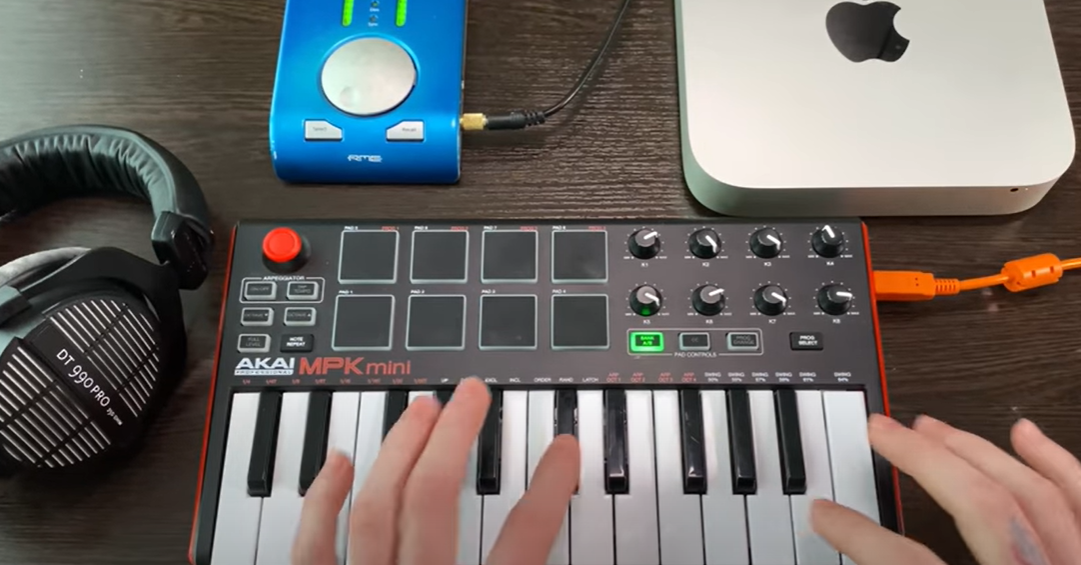
Can you become good at piano later in life?
You can become good at piano later in life. It’s a common misconception that you can only become proficient at an instrument if you start at an early age. While starting young may have certain advantages, adults possess many strengths that can help in their musical journey. Adults typically have better concentration, more discipline for consistent practice, and a deeper appreciation for the nuances of music. Moreover, with the right mindset, a patient and skilled teacher, and regular, focused practice, you can certainly achieve proficiency in piano. It’s important to remember that proficiency is not just about technical skills, but also about your personal enjoyment and emotional expression through the instrument. Regardless of when you start, music can provide a rewarding experience that enhances your life.
Can I learn piano in 1 year?
Yes, you can learn piano in 1 year. However, it’s important to temper your expectations and understand that ‘learning’ the piano doesn’t mean becoming a concert pianist in such a short period. What you can expect to achieve in a year largely depends on the amount of time you dedicate to practice, the efficiency of your practice routine, the quality of your instruction, and your initial musical background. As a beginner, if you practice regularly and effectively, say for about 30 minutes to an hour each day, you can expect to be able to play some simple songs by the end of the year. You will also likely have a basic understanding of music theory, and be able to read sheet music to some extent. Remember, everyone’s journey with music is unique and the most important thing is to enjoy the process of learning and making music.
Can a 72 year old learn to play the piano?
A 72 year old can learn to play the piano! Age is not a barrier to learning new skills, including musical instruments. There are several benefits associated with learning to play the piano at an older age. It can provide a great source of enjoyment, stimulate the mind, improve memory, and be a wonderful way to express creativity. Learning may indeed take a little longer compared to children, who are generally faster at picking up new skills. However, adults often bring more discipline, focus, and understanding to the learning process. Importantly, the individual’s interest and consistent practice matter a lot more than their age. If you’re 72 and interested in learning to play the piano, go for it! Start with a good teacher who can guide you based on your individual needs and pace, and enjoy the journey of learning and making music.
Can I teach myself piano?
Yes, you can teach yourself piano! Self-learning has become increasingly feasible with the wealth of resources available online. This includes video tutorials, online courses, piano learning apps, and online forums where you can ask questions and get advice from more experienced players. The key to successful self-teaching is your determination and consistency in practice. However, it’s important to note that while self-learning can be a great start or supplement to traditional lessons, having a teacher or a mentor can offer personalized feedback and guidance that significantly aids in improving your technique and preventing the formation of bad habits. If you decide to go the self-taught route, consider occasionally checking in with a teacher to ensure you’re on the right path.
Useful Video: How Long Does it REALLY Take to Learn Piano As An Adult?
Conclusion
In conclusion, learning to play the piano is a journey that you can embark on at any age. Whether you’re 45 or 72, it’s never too late to start. The journey may be challenging and require dedication, but it is also immensely rewarding. The ability to play music can provide a profound sense of accomplishment, joy, and personal expression. While the timeframe to achieve proficiency varies greatly, consistent practice, a good teacher, and the right mindset can significantly enhance your progress. Moreover, despite the common belief that learning piano requires early start, adults possess unique strengths such as discipline, focus, and a deeper understanding of music, which can be advantageous in learning. Self-learning has also become a viable option with the plethora of resources available online, although periodic guidance from a teacher is recommended. Regardless of when you start, learning piano can be a fulfilling endeavor that enriches your life.
References:
- https://creativekeyboardist.com/is-it-more-difficult-to-learn-piano-as-an-adult/#:~:text=Becoming%20a%20good%20piano%20player,adult%20than%20as%20a%20child.
- https://takelessons.com/blog/old-learn-piano-5-answers-expert-piano-teachers
- https://musicalpursuits.com/learning-piano-as-an-adult/
- https://www.musicgeek.net/is-it-hard-to-learn-piano-at-an-older-age/




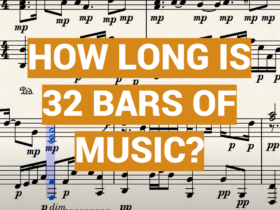
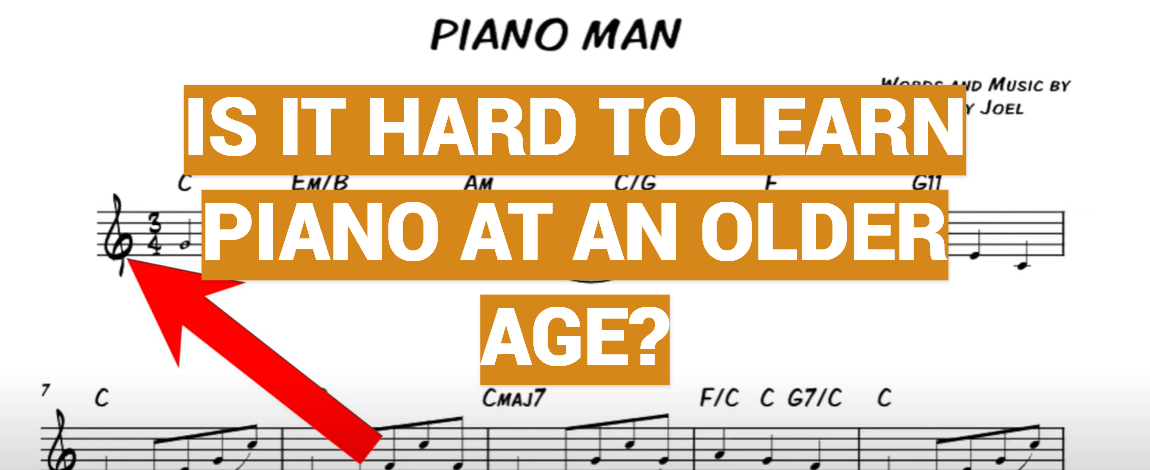
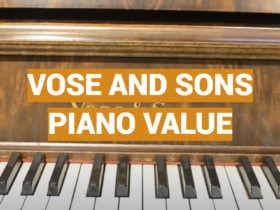

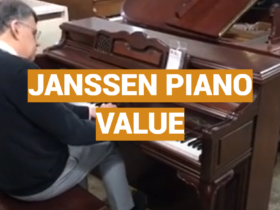
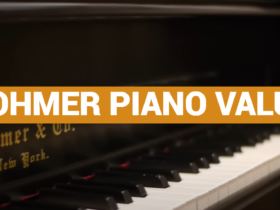
Leave a Reply